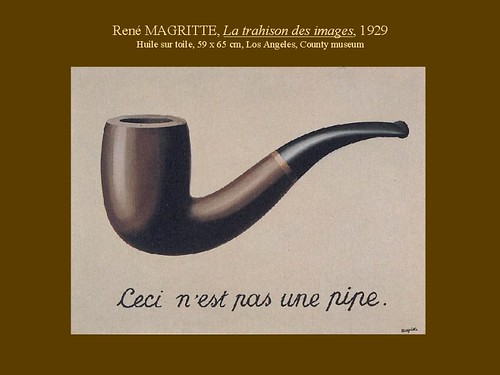for 4th part HERE
So far we have said what the historical novel is not, and what it shouldn't be.
But what is it?
What are its temporal and spatial limits? What are its substances for? What is its role in our materialistic civilization, free of a need to look over its shoulder and frightened of looking forward?
There are no spatial limitations. There can be none until we shall spread our unhappy history throughout the universe. And in practice there no temporary ones if we are looking backwards. Only the future is closed to it, except if it is viewed as the past which repeats itself. Themes from legendary prehistory may be taken.
The darkest areas of the birth of European civilization can be dwelled into, when cults and cannibalism, the divine and the animal could only just be differentiated and preparations were been made for the enactments of those great deeds, which we have noted down in the written memory of the species, as in my "Golden Fleece".
Themes from the immediate past can be treated, if they are at all passed, as is the case of Solzhenitsyn. Constituent parts of our spiritual past can be projected into an illusionary future, as did Orwell in "1984". The distant past can be poetically and metaphorically resurrected, as was the case with Mann's episode of "Joseph and his Brothers", or as with Marguerite Yourcenar who relived spiritually the times of Imperator Hadrian.
One can finally with Dobrica Ćosić dramatically and in the highest sense authentically evoke one of the most crucial but at the same time most illustrious episodes in the history of ones own people.
 By its very nature it must be the substance of reality, which is described, and in no circumstances only its empty form. The historical novel therefore is a magical attempt to recreate the spirit of a past time on the basis of the available, when ever possible definite facts, which are correctly understood and brought to life in a true contexts, through its real relationships, actions, ideas, feelings and states. It is not an attempt to show what that time looked like, but how it really was.
By its very nature it must be the substance of reality, which is described, and in no circumstances only its empty form. The historical novel therefore is a magical attempt to recreate the spirit of a past time on the basis of the available, when ever possible definite facts, which are correctly understood and brought to life in a true contexts, through its real relationships, actions, ideas, feelings and states. It is not an attempt to show what that time looked like, but how it really was.Everything else is a job for historiography, biographical, sociological, geo-political, anthropological and culturological specialist studies. But all that is only a framework into which the Magic of unknown origin and purpose breaths life, through the work of literature, as does the Prince in the Sleeping Beauty.
It's unfortunate in that respect, that the past is only beautiful whilst it's asleep. As soon as it wakes up, it becomes ugly. You kiss the Sleeping Beauty but awoken a monster. If it's the distant past it's already had time to get cold, and if it's the immediate past, which is still cooling down, that is just a reason for it to appear even uglier then what is more distant. It is still half alive, like a patient in a coma who is no more than a vegetable.
Finally what business of ours is the past anyway? To what purpose the historical novel at all, if for the moment we ignore the strait forward killing of time, which is its more popular function.
Just as a sick man can not be treated by memory if we have no previous history of the disease, mankind can not reach into the future without awareness of its past. On the one hand man is the creature of continuity even though we continually try to deny it, and on the other a system of no inborn characteristics, which also we continually insist on trying to renounce.
Men's past is encoded as is sometimes even a literature picture of his future. By now it is become clear even to the optimists among us, that our materialistique civilization is mortally ill. All the so called social, political, economic and physical revolutions have failed in the one thing that is important. Not one of them has made human beings better or more worthy of life.
It is a fundamental spiritual revolution which is needed, to change the so far untouched, the very foundation, of so called humanity. And that is impossible without the knowledge or rather the revelation of the past, and with it of that crucial moment in which the mistaken choice of the materialistic alternative lead us so far astray, that the end of the world lays just round the first historical corner.
It is for this reason that in their ideas the most thoughtfully profound and artistically most perfect historical novels have always been radically anti-materialistique.
*****
for 4th part HERE

No comments:
Post a Comment